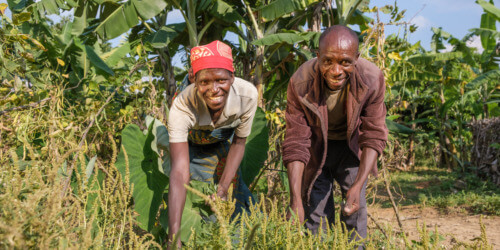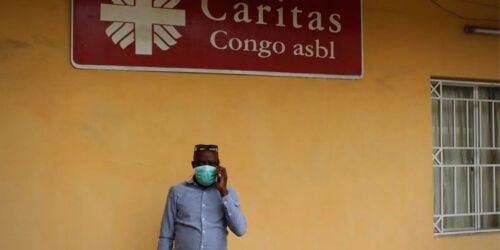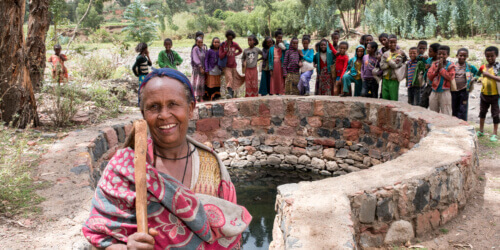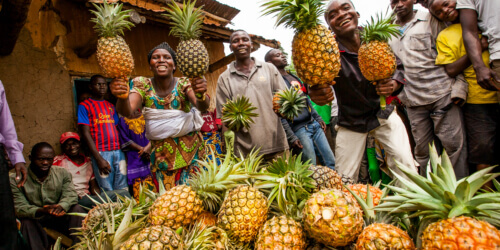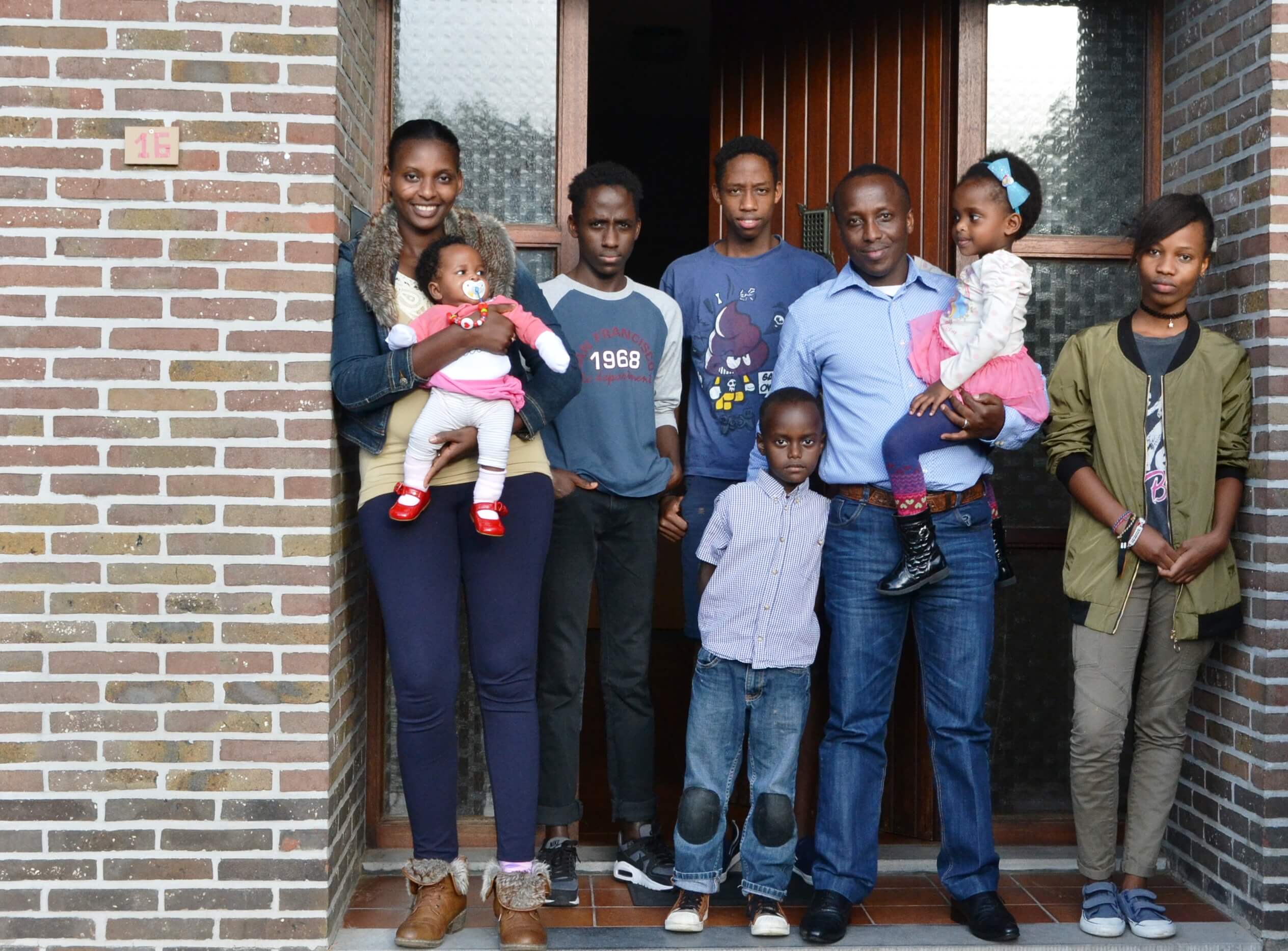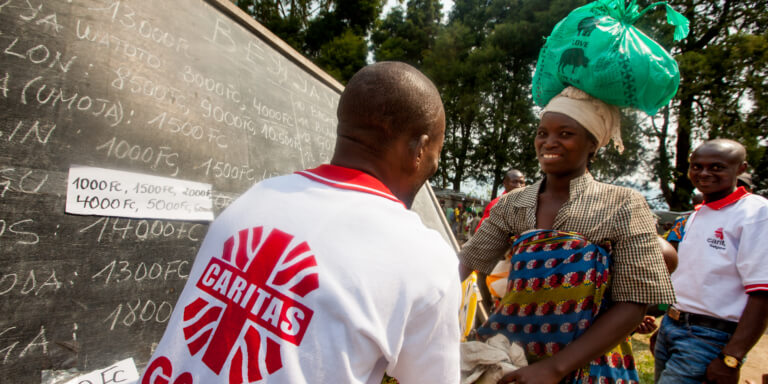With about 12 million inhabitants, Burundi is one of the poorest countries in Africa. Despite limited available land, 90% of the population relies on agriculture. Burundi has a tumultuous history marked by political violence. In recent years it has had to accommodate many returning refugees, which has increasing pressure on agricultural land and water resources. Returning individuals need housing and fields to cultivate.
Soil degradation and climate change impact farmers' productivity. The country seeks to achieve economies of scale in agriculture and increase production for export, with coffee being the main export product. Climate change affects Burundi in multiple ways, with seasons becoming less stable and reliable. Periods of heavy rainfall follow severe droughts. Lake Tanganyika's water levels have risen significantly in recent years.
Caritas International has been active in Burundi for years and has a local office. Strengthening the population against flood, drought, and erosion threats is a guiding principle of our emergency and development programs. Agroecology techniques are also central to all our projects.
